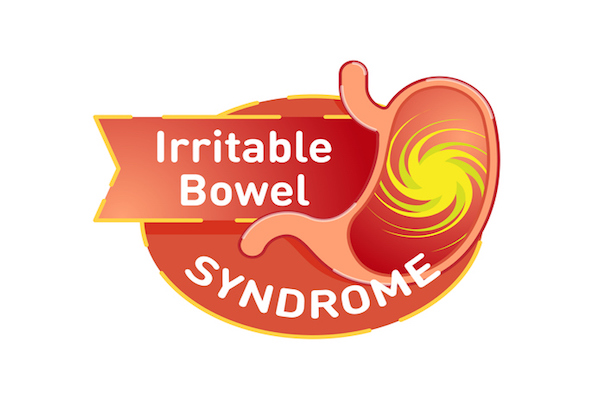Having an issue involving your gastrointestinal or digestive system typically requires going to a specialist for an accurate diagnoses and treatment.
Your gut plays a huge role in your immune system and overall health. It includes many crucial organs, the mouth, esophagus, pharynx, stomach, small and large intestine, the biliary system which encompasses the anus, pancreas, rectum, bile ducts, liver, and gallbladder.
When is it time to see a gastrointestinal specialist?
A gastroenterologist is a specialist who is licensed and certified to diagnose and treat GI conditions. They also have specialized equipment to view the digestive system.
A gastroenterologist diagnoses and treats issues such as:
 Celiac Disease
Celiac Disease
Ulcerative colitis
Crohn’s disease
Pancreatitis
Irritable Bowel Syndrome
Polyps in the GI tract
Rectal bleeding
Acid reflux
Diseases of the gallbladder
Bloody stools and hemorrhoids
Cancers of the GI system, including gastrointestinal, colon, pancreatic, liver, colorectal cancer
Frequent abdominal pain
Ulcerative Colitis
Ulcerative colitis is a type of inflammatory bowel disease, and is an inflammation of the intestines. It can cause considerable pain. Patients can suffer from abdominal cramping and they may also feel pain in the rectum. For most patients, the pain could either last long, or fade as the inflammation lessons. Ulcerative colitis is also known as Crohn’s disease or inflammatory bowel disease (IBD). This is different from the condition known as IBS (Inflammatory bowel syndrome) which is not associated with ulcers or other bowel damage.
The treatment of ulcerative colitis has improved in the past few years. IBD (Irritable Bowel Disease) or ulcerative colitis and its many complications can be treated using either medication or surgery when required.
The Crohn’s & Colitis Foundation describes the IBS symptoms and their intensity, which can vary from person to person. Symptoms often occur after eating a large meal or when you are under stress, and they are often temporarily relieved by having a bowel movement.
 Chronic and persistent abdominal pain
Chronic and persistent abdominal pain
Constipation alternating with diarrhea
Mucus in the stool
Gassiness
Abdominal bloating, or the sensation of feeling full
Abdominal distention, or swelling
The urge to move your bowels without being able to have a bowel movement
Nausea
Anemia, bleeding, weight loss, and fever are symptoms of IBD, not IBS. If you are experiencing these symptoms, seek immediate medical treatment.
If you think you or a loved on is suffering from IBS or having issues with your digestive health, contact Gastroenterology Consultants of Central Florida. Our mission is to provide our patients with the highest quality of care with the latest technology available. Once diagnosed by a Gastroenterologist, there are several treatment options and medications available to help treat and ease your symptoms.
We work with you, your primary care physician, and your insurance company to ensure a treatment protocol that is designed to meet your specific needs
Gastroenterology Consultants of Central FL was founded in 1996. Our mission is to provide our patients with the highest quality of care with the latest technology available.
Our team of skilled, Board Certified Physicians, and courteous office staff are here to make your health care experience as convenient as possible.
